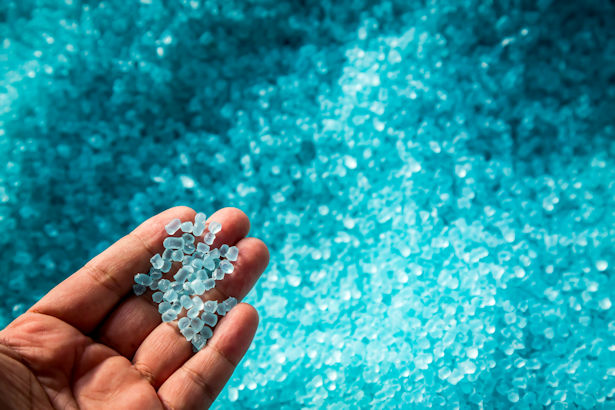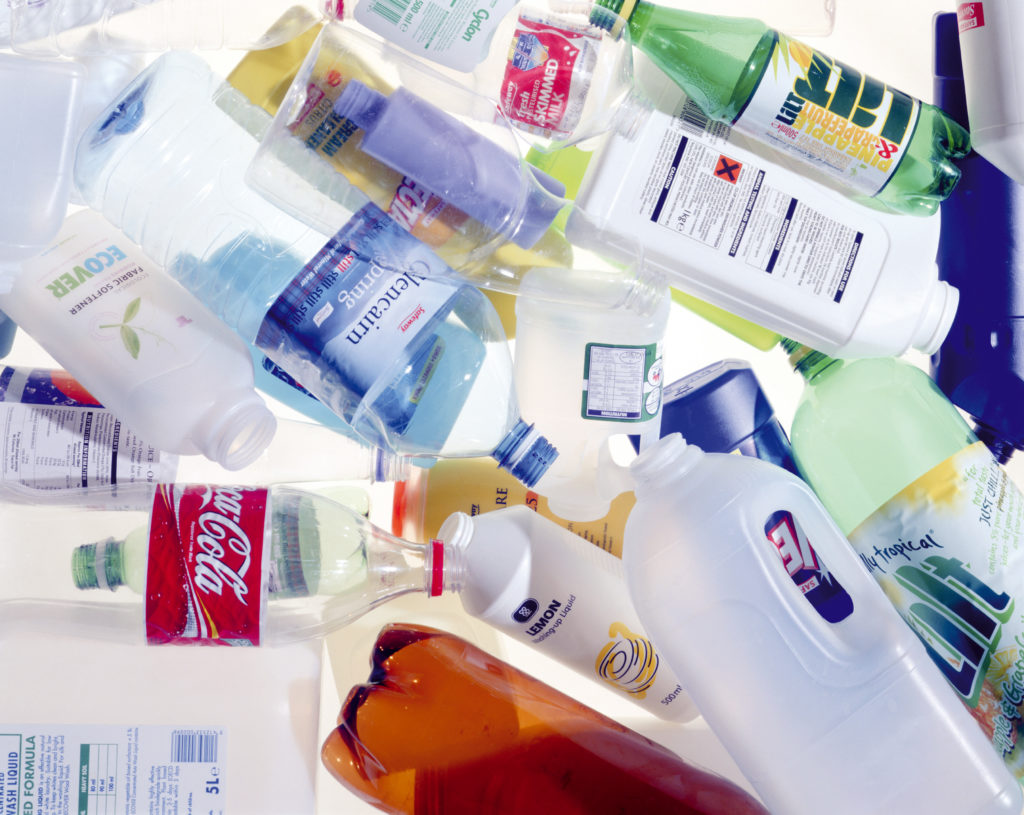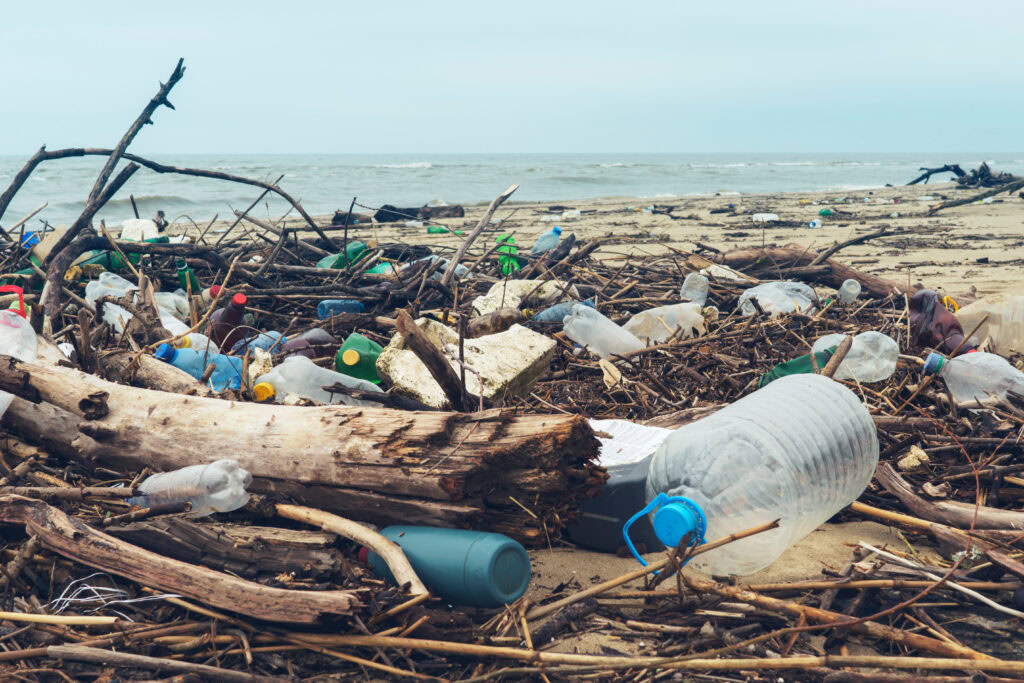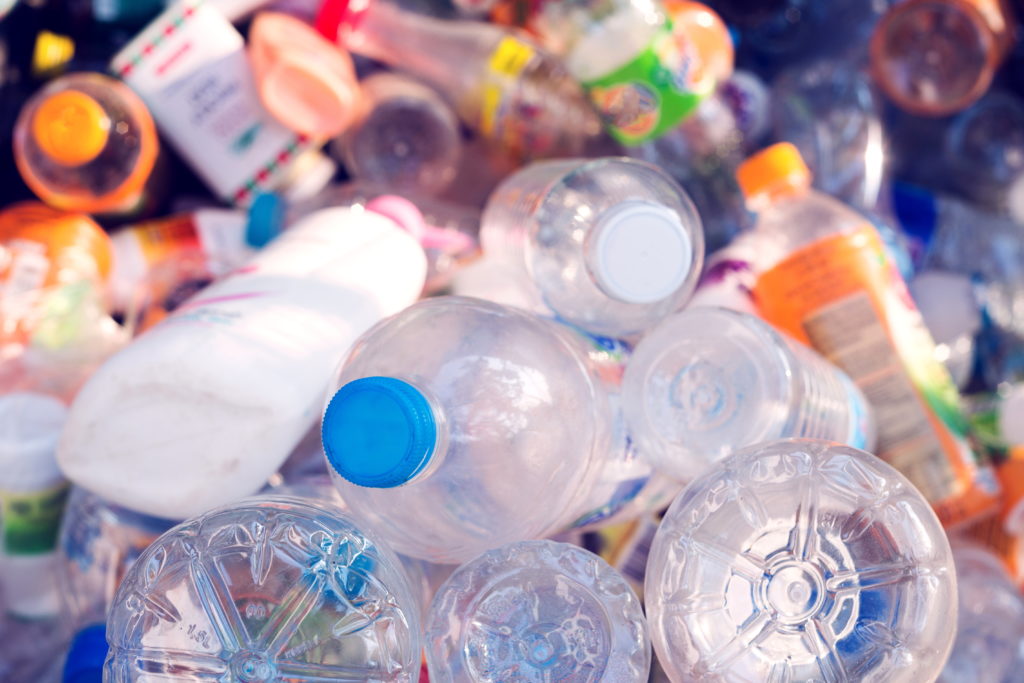The international recycling federation, based in Brussels, attributes the rising prices to improvements in economies across Europe with the relaxation of strict lockdowns.

Henk Alssema, chairman of the BIR plastics committee, said: “This has produced a run on raw materials, creating an imbalance between supply and demand. Experts are already talking in terms of a commodity ‘super-cycle’, which means a long period of rising prices for raw materials. The previous super-cycle started nearly 20 years ago and lasted around 10 years.
“The upward trend in prices began this year and has continued to historically high levels.”
Whereas recyclers were facing poor sales and high stocks a year ago, most are now completely sold out, said Mr Alssema, – who is with Dutch recycling business VITA Plastics. He said the “extremely high demand” for recycled materials was fuelled by shortages of new prime material and that the sector was facing a shortage of input material.
To meet demand, Mr Alssema said a focus on improved separation technology and on materials that are easier to recycle was required. But he gave a warning over the plastic challenge in relation to the circular economy, asking whether there would be enough material in the future.
Delays
He cautioned: “With anticipated regulations requiring recycled content in new products, demand will only increase. Ultimately, this may cause delays in supplying recycled material to the plastics processing industry. We can state unequivocally that there is an extremely fragile balance in the transition to a circular economy. Yet we all know that an extremely limited percentage of plastic is recycled around the world, and that there is much more plastic waste available than the amounts currently recycled by our industry.
“The quality of the plastic waste now going to incineration or to landfill will have to improve dramatically in order to supply the industry with raw materials that fit a circular model. This will require a focus on improved separation technology, but particularly on materials that are easier to recycle. That makes co-operation extremely important; together with the packaging industry, we need to share our knowledge to ensure that we can increase the percentage of recycled material. Fortunately, we are moving in the right direction on that front.
Germany

A perspective from Germany on the current market came from Stephanie Kötter-Gribbe, of Best Plastic Management GmbH, and a board member of the BIR Plastics Committee. She said that the COVID pandemic has affected the whole economy. “Everything is becoming scarcer and more expensive, including wood, steel and also plastics. Almost all plastics processors are suffering shortages of material – an extreme situation that can also impact the supply of packaged foods.”
Ms Kötter-Gribbe commented: “The entire plastics industry is suffering from this imbalance between local production and raw materials and additives. In Germany, various plastics associations have suggested using more recyclates but regulations, technical hurdles or quality requirements prevent their use in numerous applications such as in the food sector.
“Supplying a consistent quality and extreme price increases do not make usage any easier.”
And, she noted that plastics production in Germany is “falling again”, decreasing by a further 1.6% in 2020, with producers’ sales collapsing 8.7%. This downward trend is likely to continue in the near future.
Related link
Bureau of International Recycling











Subscribe for free